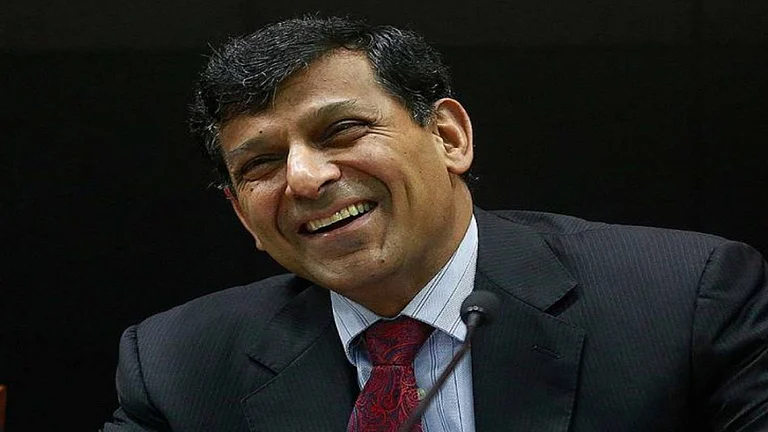Preserving wealth and managing a family legacy is a journey that spans across generations. However, history has built a sense of awareness with numerous cautionary tales of fortunes lost due to a lack of preparedness among heirs. Preparing the next generation of legacy does not only involve financial literacy; it is more about instigating a deep-rooted sense of responsibility, stewardship and long-term vision. The future of wealth management depends on how well the younger generation is prepared to take on stewardship.
Preparing to Inherit Wealth
One of the core elements of preparing heirs is financial education. While inheriting wealth may seem like an advantage, it can quickly turn into a burden without a solid understanding of financial principles. Personalised educational programmes, workshops and mentorship opportunities help ensure heirs gather a sense of fundamental financial concepts, from asset allocation and budgeting to complex investment strategies.
Beyond textbook knowledge, experiential learning is extremely essential. Confidence and the power of decision making come into play when the successors are encouraged to manage a small portfolio, make investment decisions and analyse risks. Financial fluency is not just about ensuring money makes more money, it is about wealth having a meaningful purpose and ensuring that the financial decisions made serve personal and family values.
Wealth without purpose can make room for reckless decisions and an erosion of values. Inculcating the importance of ethical stewardship ensures that the succeeding generation understands the broader impact and consequences of their financial choices. Whether through philanthropy, impact investing or responsible business practices, the vision is to foster a mindset that sees wealth as a building block for imparting positive change rather than mere personal enrichment.
Wealth management strategies must be a blend of values and ethics. This involves straightforward discussions about the legacy a family wishes to build and how financial decisions should reflect those ideals. By embedding purpose-driven wealth management into their primary learning, heirs can develop a sense of responsibility that transcends individual gains.
Even the most well-established family fortunes can dissolve into mismanagement and conflict without a clear succession plan. Structured succession strategies ensure a seamless transition of leadership and wealth across generations.
More than nominating heirs, it is about equipping them with the skills to lead and make informed decisions. This involves participation in family councils, governance training and mentorship from industry veterans. The most thought-out succession plans are proactive and ensure that successors are engaged early and gradually introduced to leadership roles, rather than projecting responsibilities upon them all at once.
Managing substantial wealth is a financial challenge on paper, however, it is a deeply emotional journey. From navigating family dynamics to handling the weight of expectations, heirs must develop a strong sense of emotional intelligence.
Wealth can often make way towards isolation, imposter syndrome or even a fear of failure. Addressing these challenges through mentorship, psychological support and peer networks help in developing a balanced, grounded approach to wealth management. By fostering self-awareness, resilience and open communication, the next generation can make decisions that are not driven by impulse or external pressures but by stability and long-term vision.
The modern wealth management landscape requires a proactive mindset, ensuring they understand asset classes, evaluate risk and make informed decisions rather than blindly following traditional approaches.
Hands-on involvement in investments ensures that more than being mere custodians of wealth, heirs are active architects of its growth. Whether through direct investments in businesses, impact-driven portfolios or emerging asset classes, successors who are actively invested in making wealth management decisions are better equipped to navigate economic shifts and sustain wealth for upcoming generations.
Preserving the Family Legacy
A strong family legacy is built through a combination of principles, impact and continuity, more than just wealth. The new generation must understand that their role extends beyond managing finances—it includes contributing to society, upholding values and fostering unity among future generations.
Storytelling, documenting family history and maintaining traditions are integral to this journey. When heirs view wealth as a means to honour and extend a legacy rather than as an end in itself, they are more likely to approach financial stewardship with diligence, care and a sense of duty.
Preparing heirs for responsible financial stewardship is a multifaceted endeavour that goes beyond traditional wealth management. It requires a blend of financial literacy, ethical grounding, structured succession planning, emotional intelligence, active participation and a commitment to legacy preservation.
With the right preparation, the next generation can transcend the pitfalls of unearned wealth and instead use their inheritance to innovate, build and contribute to a more sustainable future.
The author is co-founder and director, Entrust Family Office. Views are personal.


























